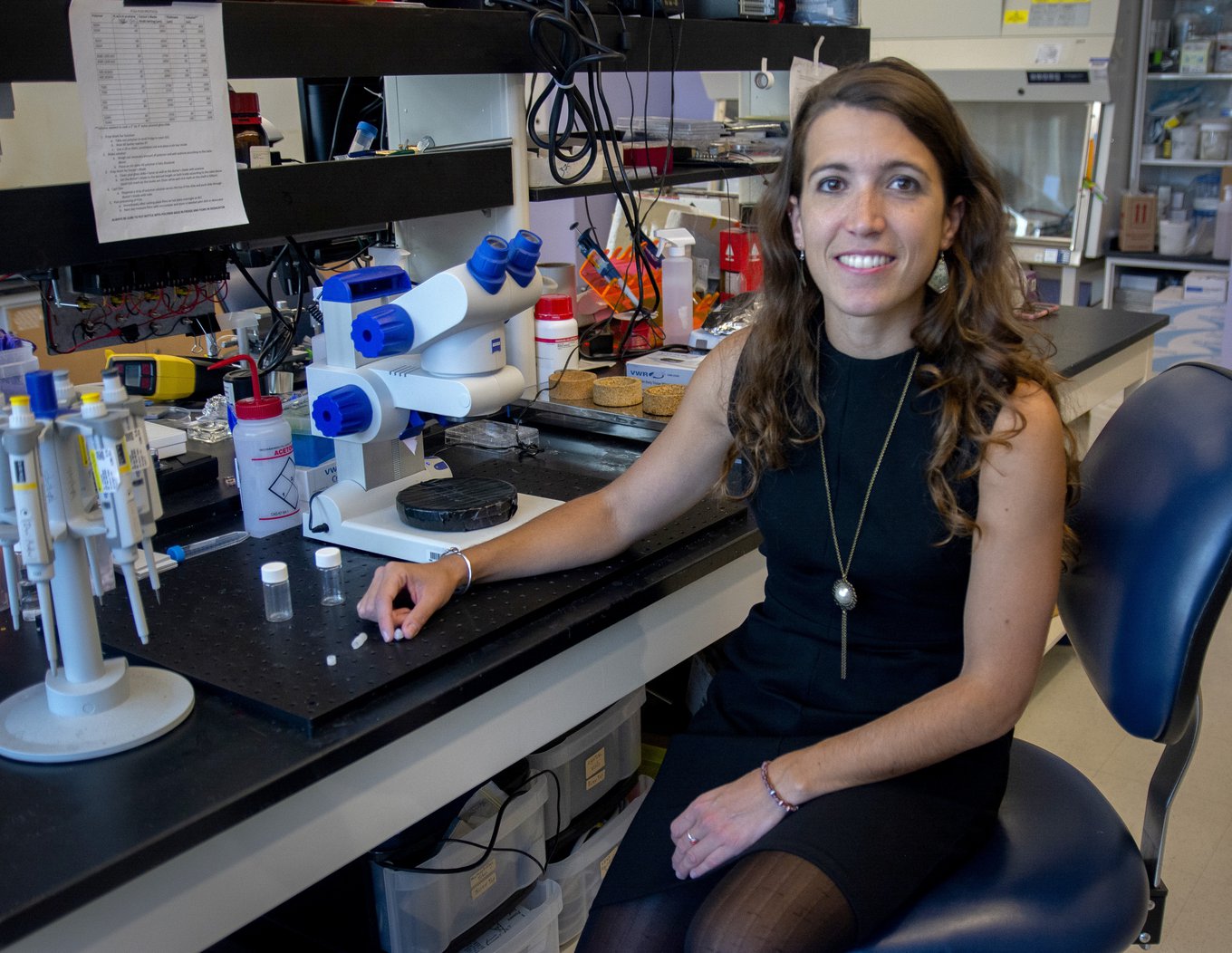More than 422 million people worldwide have diabetes, according to the World Health Organization. In addition, as their most recent data shows, this number has grown considerably in recent decades. In 1980, patients with diabetes accounted for 4.7% of the world's population and by 2014 this figure had risen to 8.5%. Today, most diabetics have to resort to insulin pens and pumps for treatment. These systems deliver the hormone through needles and can cause pain and injury, as well as transmit infectious diseases if the user does not carry out the treatment correctly.
In this context, an alternative to subcutaneous injections would improve the quality of life for people with diabetes. This is precisely the objective of the biotechnologist and research affiliate at the Langer Laboratory of the Massachusetts Institute of Technology (MIT), Ester Caffarel-Salvador. The young woman has designed pills capable of delivering insulin orally thus preventing invasive injection procedures.
"There has been research to try to administer insulin orally for almost a century," says Caffarel-Salvador, who has developed her project together with a multidisciplinary team. The biotechnologist points out that one of the main difficulties in achieving this lies in the fact that insulin tends to degrade within the gastrointestinal tract instead of being absorbed. This complication occurs because this substance is not able to easily penetrate through the biological barriers of the human body.
Caffarel-Salvador has managed to overcome this difficulty with her medical devices SOMA (Self-orienting Millimeter Scale Applicator) and LUMI (Luminal Unfolding Microneedle Injector). The LUMI allows oral administration of drugs through capsules composed of dissolvable micro-needles loaded with the drug. The SOMA, on the other hand, is one of her most developed prototypes and is structured in the form of a millimeter pill, the size of a pea, able to administer insulin without being degraded in the process. This pill reaches the stomach and delivers the hormone into the internal mucosa of the gastrointestinal tract, preventing it from degrading and spreading through the stomach and intestine. Thus, the insulin reaches the blood in the necessary dose. Thanks to this new research, Caffarel-Salvador has become one of the winners of Innovators Under 35 Europe from MIT Technology Review.
Through this research, Caffarel-Salvador has co-authored several international patents. These patents include details of how these pills work and the self-activation and self-correcting mechanisms that make it possible to detect where to administer insulin. "This oral supply would have a positive impact on the care of patients with diabetes," points out Caffarel-Salvador, who adds that, "although there are many techniques focused on improving diabetic treatments, there is currently no simpler way to supply insulin than the oral route." In addition, this technology also opens the door to improved injection-based therapies, such as immunosuppressants, to treat rheumatoid arthritis and inflammatory bowel disease. Her contribution to the project lies mainly in the development, design, and execution of in vitro and in vivo clinical trials on animals such as rats and pigs. The young woman adds: "Our challenge now is to further improve this project and move on to clinical trials.”
So far, consolidated scientific magazines have already echoed this research. For example, Science published an article on SOMA in February 2019 and Nature wrote an article on LUMI in October 2019. Several multinational companies are also showing interest for the insulin pills. The MIT team is now continuing to work with the international pharmaceutical company, Novo Nordisk, to further develop the technology and optimize the manufacturing process for the capsules.
Emmanuelle Tognoli, Associate Research Professor at the Center for Complex Systems and Brain Sciences at the Atlantic University of Florida (USA) and member of the Innovators Under 35 Europe 2019 jury, believes that "this micro-device for delivering drugs has the potential to revolutionize the care for diabetic patients, and when it does, it will have room to explore countless other applications."
By Alba Casilda
Translation: Brian Bostwick




